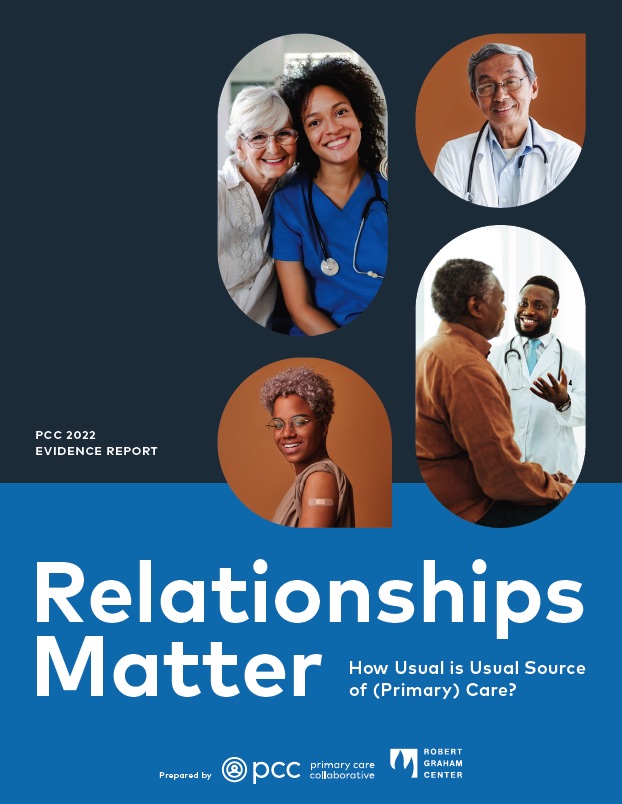PCPCC statement of support for the Agency for Healthcare Research and Quality (AHRQ)
Statement from PCPCC Chief Executive Officer, Marci Nielsen
Washington DC – The Patient-Centered Primary Care Collaborative (PCPCC) is concerned about the recent passage of Congressional appropriation bills that threaten to reduce, and in some cases entirely eliminate, funding for the Agency for Healthcare Research & Quality (AHRQ). We believe the proposed defunding of this agency will have significant consequences for existing and future health care initiatives that focus on improving care delivery, patient engagement and health care quality in primary care.
AHRQ supports critical research initiatives that focus on improving health care quality by analyzing best clinical practices and identifying care delivery reforms that make the health care system more coordinated and efficient. The PCPCC is dedicated to the promotion and further adoption of these innovative forms of care delivery and represents a strong coalition of over 1,200 stakeholders working to advance primary care and the patient-centered medical home. As leading advocates in this space, we rely on the unbiased, evidence-based resources produced by AHRQ to educate our stakeholders and promote effective patient-centered care models that improve quality of care and reduce unnecessary and wasteful health care spending.
One exceptional example of AHRQ’s leading research and resource development in the field of health system transformation is the AHRQ Patient-Centered Medical Home Resource Center. The Resource Center provides detailed information regarding best practices for primary care PCMH implementation, as well as tools and resources on the most effective PCMH strategies for improving patient engagement and health outcomes.
This April, Congress passed the Medicare Access and CHIP Reauthorization Act (MACRA), a landmark piece of legislation that moves the Medicare program away from the traditional, volume-driven fee-for-service model of provider reimbursement toward a value-based system that rewards quality of care. As we begin to implement the system wide care delivery reforms included in MACRA, patients, providers, health systems, and policymakers will require guidance and education on the best strategies for patient engagement, practice transformation, and quality measurement. AHRQ is the leading federal agency that develops and disseminates resources of this kind. Therefore, the elimination of AHRQ will be detrimental not only to advancing the patient-centered medical home model, but to health care delivery transformation at large.
The PCPCC strongly supports the impressive work that AHRQ has done to research and advance enhanced primary care models, and we urge Congress to restore funding to the agency to allow for further delivery system research and development.
###
About PCPCC: Founded in 2006, the Patient-Centered Primary Care Collaborative (PCPCC) is dedicated to advancing an effective and efficient health system built on a strong foundation of primary care and the patient-centered medical home (PCMH). The PCMH model embraces the relationship between primary care providers and their patients, families, and care-givers; promotes authentic communication and patient engagement; and coordinates whole-person, compassionate, comprehensive, and continuous team-based care; all of which are crucial to achieving meaningful health system transformation. The PCPCC achieves its mission through the work of its five Stakeholder Centers, led by experts and thought leaders who are dedicated to transforming the U.S. health care system through delivery reform, payment reform, patient engagement, and employee benefit redesign. Today, PCPCC’s membership represents more than 1,200 medical home stakeholders and supporters throughout the United States.




